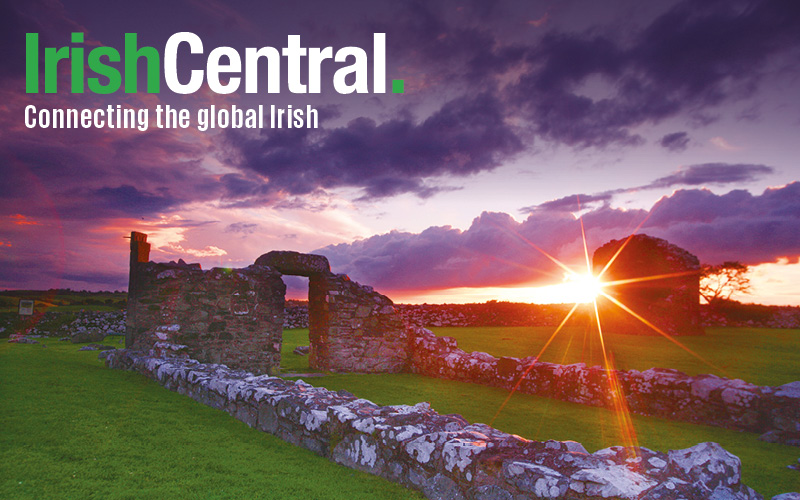The Irish Famine Tribunal, which plans to examine the responsibility of the British government, under international law, for the tragic events of this period of Irish history, will be convened at Fordham Law School this weekend.
The Tribunal, sponsored by the Irish Famine Tribunal Committee and the Brehon Law Society, will consider whether the British role during the Famine amounted to either genocide or a crime against humanity. Prosecution and defense teams, including law students from Fordham Law School and Dublin City University, will present their cases before an international panel of judges.
This panel will include Judge Fidelma Macken, recently retired from the Supreme Court of Ireland and the first female judge to sit on the European Court of Justice; Judge John Ingram, a renowned New York Supreme Court judge who has presided over many high profile criminal trials; and, Judge William Schabas, professor of international law at Middlesex University in London, chairman of the Irish Centre for Human Rights at the National University of Ireland Galway, and widely considered the world’s leading authority on genocide.
They will be joined by Tim Pat Coogan (“The Famine Plot: England's Role in Ireland's Greatest Tragedy”) and John Kelly (“The Graves Are Walking: The Great Famine and the Saga of the Irish People”), along with historians Dr. Ciarán Ó Murchadha (“The Great Famine: Ireland's Agony 1845-1852”) and Dr. Ruan O’Donnell, Head of the Department of History at the University of Limerick.
During Irish Famine of 1845-1852 (also known as the Great Hunger or An Gorta Mór) it is estimated that over one million people died, 2.5 million emigrated within ten years, and almost 300,000 smallholdings disappeared.
In 1997, then British Prime Minister, Tony Blair stated that “[t]hose who governed in London at the time failed their people through standing by while a crop failure turned into a massive human tragedy.”
This tribunal plans to ask if that failure, however, give rise to liability under international criminal law?
Amongst the other questions that will be asked:
- Were the repeated, devastating failures of the potato crop beyond the power of any government, in the context of the time, to effectively manage?
- Was Ireland particularly vulnerable to famine and, if so, why?
- What relief efforts were made?
- How responsive was the government in London to reports from relief officials in Ireland?
- How influential were laissez-faire and providentialist ideologies?
The Irish Famine Tribunal will take place on Saturday, April 20th and Sunday, April 21st at Fordham University Law School, NY. For more information visit their Facebook page.
TRIBUNAL PROGRAM (Day 1)
Saturday, April 20, 2013
09:30 - 10:00 AM Registration
10:00 - 10:30 AM Welcome and Introduction by Moderator Jim Cullen
10:30 - 11:15 AM Opening Statements from the Prosecution and the Defense
11:15 - 12:45 PM Prosecution Case-in-Chief & and Defense Case-in-Chief
12:45 - 02:15 PM Lunch
2:15 - 2:45 PM Prosecution Reply & Defense Reply to Cases-in-Chief
2:45 - 3:15 PM Closing Arguments
3:15 - 4:15 PM Question & Answer Session
4:15 - 4:30 PM Closing Remarks
TRIBUNAL PROGRAM (Day 2)
Sunday, April 21, 2013
10:30 - 11:00 AM Registration
11:00 - 11:15 AM Introduction and Welcome by Moderator Robert Ballagh
11:15 - 12:45 PM Speakers: Tim Pat Coogan, John Kelly, Ruan O’Donnell
12:45 - 02:15 PM Lunch
02:15 - 03:45 PM Roundtable Discussion including Audience Q & A
03:45 - 04:00 PM Closing Remarks




Comments